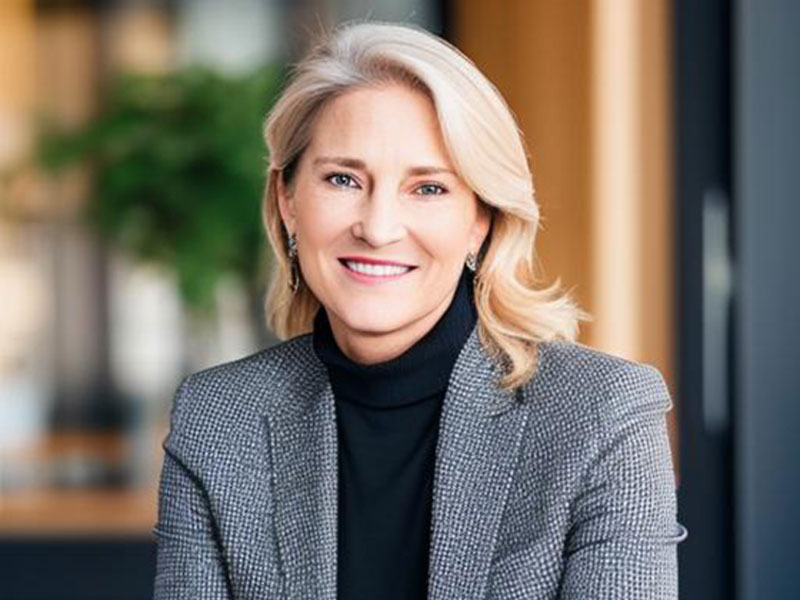The holidays are coming, but as agencies and marketers try to bring more transparency to media buying, gift-giving is getting scrutinized.
A media seller trying to win some business offered to take a client out for some entertainment, only to be told that the client had a new policy that only permitted gifts from existing vendors.

Walmart has always been famous for its unyielding policy on gifts, but Greg Paull, principal at R3 Worldwide, who works with marketing clients, said he’s seen a dramatic cutback in other marketers’ willingness to accept gifts, which started with regulated industries like banking and pharma and is now coming to CPG.
“It’s coming to all the sectors now,” he said. “Half the companies we work with don’t accept any gifts. A lot have a $50 cap.” For other marketers, it’s a miserly $25.
Influencer marketing company Whosay’s policy got stricter when it was recently acquired by Viacom. Now, any expense over a certain amount must be pre-approved.
“The media business is now driven less by relationships and more by defined solutions to really specific challenges,” Whosay president Rob Gregory said. “I tell my sales team that if they think expensive gifts or entertainment beyond what is reasonable is necessary, then they probably haven’t delivered our value proposition correctly.”
The backdrop is the ANA’s blockbuster 2017 transparency report along with a widespread demand for transparency in general.
“There’s a drive for transparency across lots of parts of the ecosystem — around arbitraging media, ad tech fees, even where you show up — blacklists versus whitelists. There’s a move against kickbacks and rebates in Europe,” said Barry Lowenthal, CEO of The Media Kitchen, which has long discouraged publishers from entertaining would-be clients until they’ve won the business. “And there’s a move toward media objectivity. Some publishers are addressing that — they want to make sure when they get a recommendation that it’s not swayed by rebates. They’re not entertaining the agencies in the way they used to.”
The tightening comes as agencies face massive pressure to get marketers’ business and publishers are fighting harder to get on ad plans that increasingly are winner-take-all. “It’s driving the demand for transparency, so publishers are really having to find other ways to stand out, whether it’s white papers or better creativity or other means,” Paull said.
The tightening up is noticeable to media sellers and other vendors.
“Between concerns about transparency and the huge workload at agencies, there’s not a lot of mani-pedis going on these days,” one said.
Of course, the perks haven’t entirely gone away. Some may have come down, but at one vendor, the cap is $500, which still can hold a lot of sway with a junior media buyer whose starting salaries were around $25,000 just a few years ago. And there’s no guarantee that the stricter policies are being obeyed.
“I’ve noticed the past couple years, I don’t hear stories about the sneakers and jeans. But there still is a lot of client entertainment, whether it’s exercise classes, tickets,” Lowenthal said.
For smaller publishers, gifting is still seen as a crucial way to break out of obscurity with advertisers.
“Outside of the top 100, it’s buying the business,” a seller said. “Go into any Soul Cycle at 7 in the morning, and half of it’s media reps taking out their clients.”





